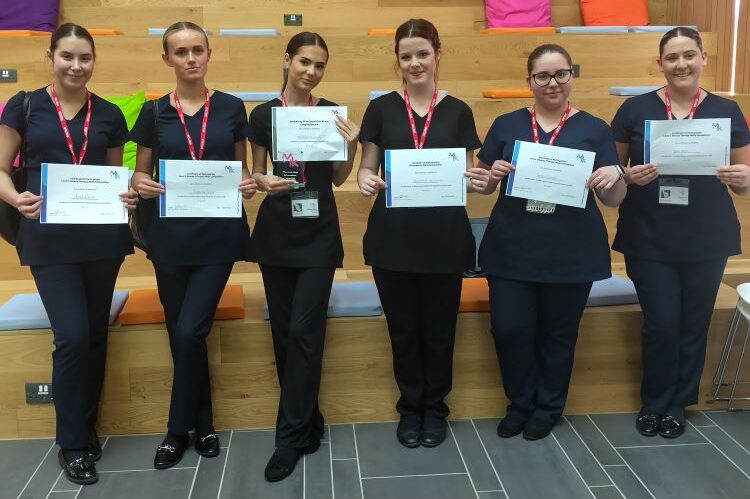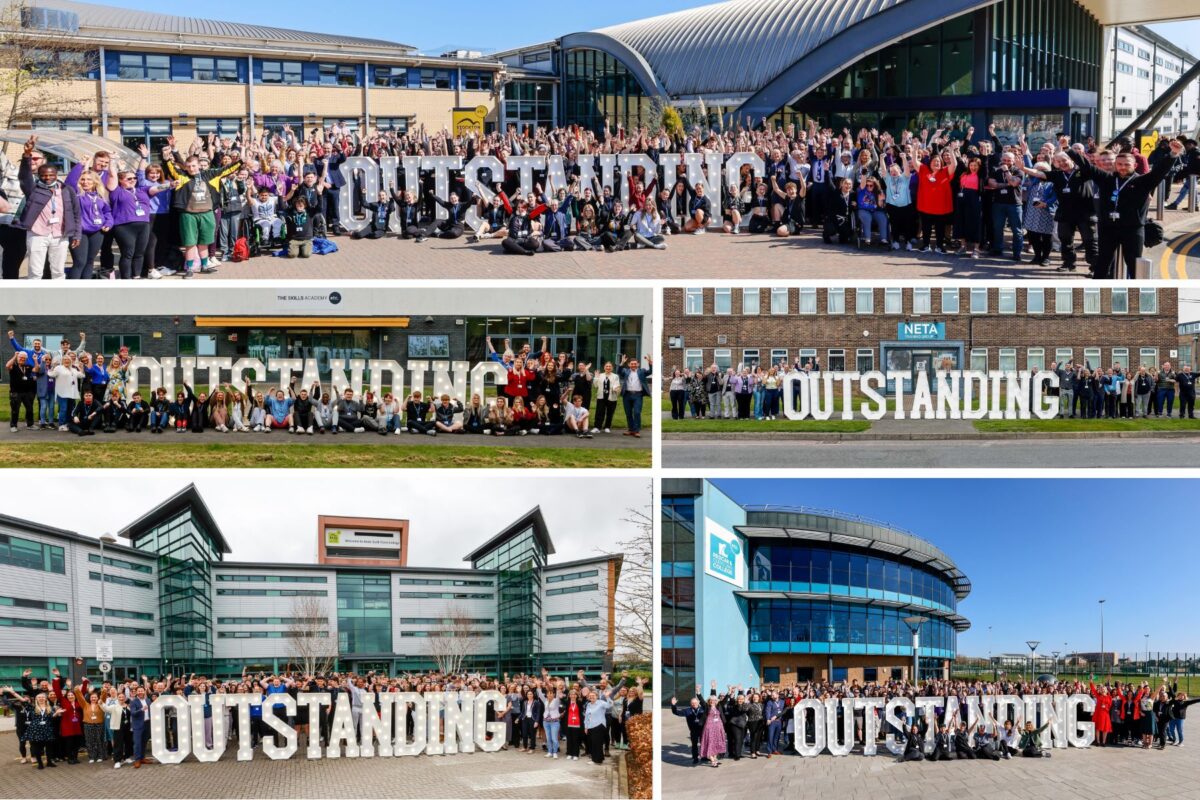Sir Martyn Oliver’s Vision for FE: A New Chapter in Inspection?

Sir Martyn Oliver’s recent address at the AoC Conference marks a significant shift in Ofsted’s approach to Further Education inspection. His speech not only acknowledges the sector’s unique challenges but also sets out a roadmap for meaningful change that could transform how quality is assessed and improved across FE provision.
Evolution, Not Revolution
The most striking aspect of Oliver’s speech was his emphasis on evolution rather than revolution. The removal of single-word judgments from September 2025 represents a carefully considered transition rather than an abrupt change. This measured approach acknowledges the complex relationship between inspection outcomes and funding decisions in FE – a complexity that demanded a longer implementation timeline than the school’s sector.
Understanding Local Context
A particularly welcome development is the new area insights service. This tool will help inspectors understand the local economic and social context in which providers operate. For the first time, inspection judgments will be explicitly informed by local skills needs and regional economic conditions. This represents a significant step forward in recognising that effective provision looks different in different places.
The End of One-Size-Fits-All
Oliver’s acknowledgment that the current framework doesn’t serve all provider types equally well signals a major shift in thinking. The January consultation will explore how inspection can better reflect the diversity of FE provision – from independent specialist colleges to apprenticeship training and adult learning. This bespoke approach could finally give providers the freedom to excel in their specialist areas without being constrained by inappropriate assessment criteria.
A New Focus on Improvement
Perhaps the most fundamental shift is the move away from what Oliver calls “detecting failures” toward supporting improvement. The introduction of report cards will provide more nuanced, detailed feedback about provider performance. This change aligns with the sector’s long-standing call for more constructive, development-focused inspection outcomes.
Professional Dialogue and Development
The establishment of the Ofsted Academy and regional hubs demonstrates a commitment to improving inspector expertise and consistency. The publication of inspector training materials signals a welcome move toward greater transparency. This openness could help providers better understand inspection expectations and prepare more effectively.
Looking Ahead
As the sector moves toward the January consultation, providers should focus on documenting their impact on local skills needs and developing robust improvement processes. The emphasis on inclusion and support for vulnerable learners suggests these areas will be crucial in future frameworks.
The success of these changes will depend on meaningful engagement from the sector during the consultation period. Providers have a real opportunity to shape how their work is evaluated and supported in the future. Oliver’s vision suggests a more collaborative relationship between Ofsted and the sector – one focused on improvement rather than judgment.
Sir Martyn Oliver’s speech represents more than just policy changes; it signals a fundamental shift in how Ofsted views its role in Further Education. The focus on context, improvement, and sector-specific approaches suggests a more mature and nuanced understanding of what quality looks like in FE. While the proof will be in the implementation, the direction of travel is encouraging for a sector that has long called for more appropriate and supportive inspection processes.
By Mark Simpkins, Simpkins FE Quality Consulting











Responses